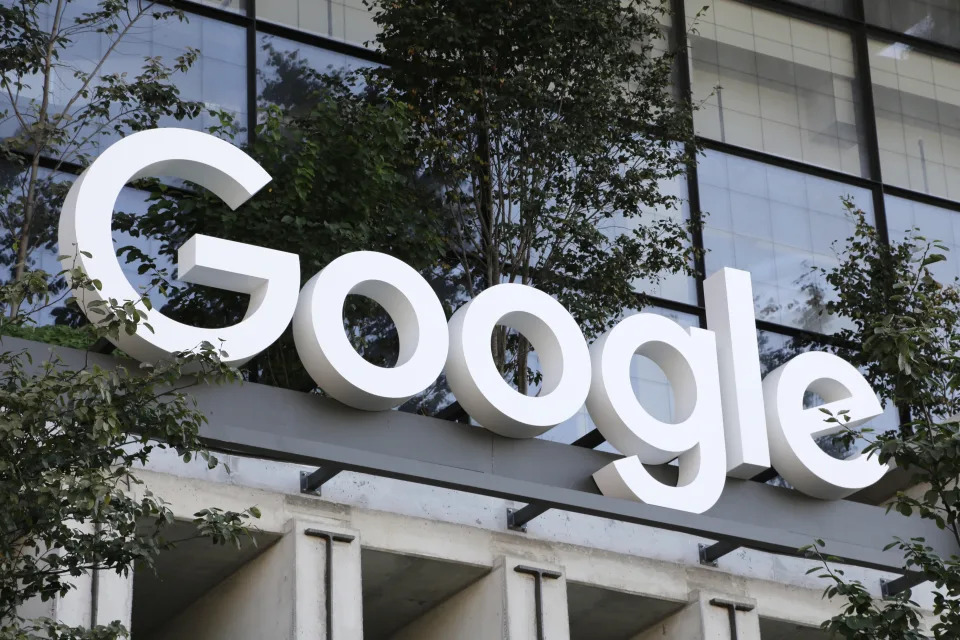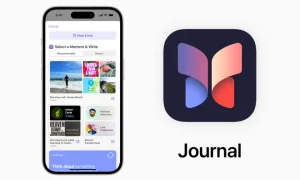Google’s Search Generative Experience (SGE), initially offering generative AI summaries for select users, is set to become more widely accessible. Just six months after its debut at I/O 2023, Google announced on Wednesday that SGE is expanding to Search Labs users in 120 countries and territories. It now supports four additional languages—Spanish, Portuguese, Korean, and Indonesian—alongside the existing English, Hindi, and Japanese. Users can engage with the assistant in natural language across these languages, with the features debuting on Chrome desktop and gradually rolling out on the Search Labs for Android app over the next week.
SGE’s new features include an enhanced follow-up function, allowing users to pose additional questions directly on the search results page. This feature, akin to a mini-Bard window within the generated summary, facilitates deeper exploration without leaving the results page. Google will strategically place ads on specific areas of the page to avoid confusion with generated content. While follow-ups initially cater to English language users in the US, they are likely to expand as Google refines the technology.
SGE is also poised to assist in clarifying ambiguous translation terms. For instance, when translating “Is there a tie?” into Spanish, the new feature will recognize the ambiguity and prompt users to choose between different interpretations, such as a tie in competition (“un empate”) or a necktie (“una corbata”). This capability, initially available to US users for English-to-Spanish translations, addresses nuances in languages where objects have gender associations.
Additionally, Google plans to extend interactive definitions, commonly found in generated summaries for educational topics, to coding and health-related searches. This update, expected within the next month, will first benefit English language users in the US before expanding to other territories in the following months.




